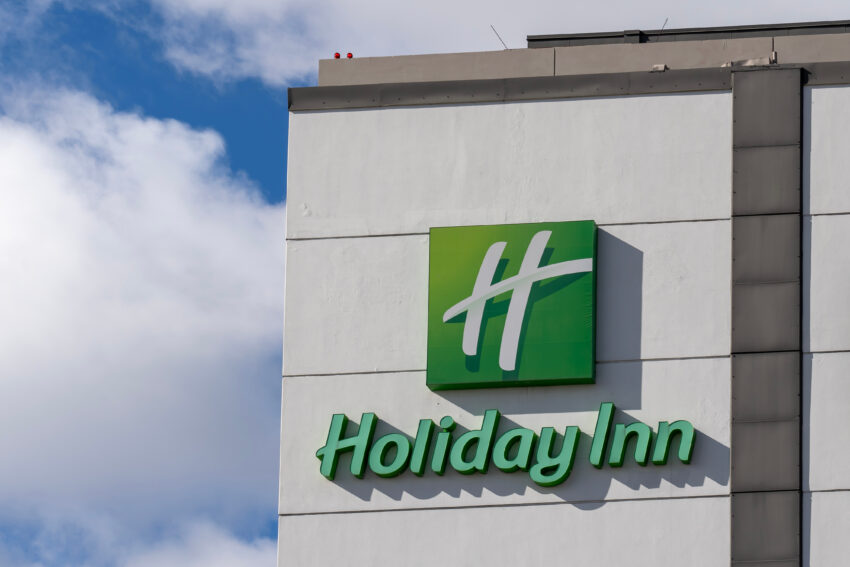Holiday Inn owner, Intercontinental Hotels Group (IHG), has confirmed the company has been hit by a cyber-attack.
IHG, which has some of the world’s largest hotel chains, issued a statement saying it was investigating “unauthorised access” to a number of its technology systems.
The UK-based company said its “booking channels and other applications” had been disrupted since Monday.
It manages the Holiday Inn, Crowne Plaza and Regent hotels.
“IHG is working to fully restore all systems as soon as possible,” the company said.
IHG confirmed it was assessing the nature, extent and impact of the incident and had implemented its response plans, including appointing external specialists to investigate the breach.
The company is also in the process of notifying regulatory authorities.
In a statement, the company said: “We will be supporting hotel owners and operators as part of our response to the ongoing service disruption. IHG’s hotels are still able to operate and to take reservations directly.”
But many people trying to book accommodation have been complaining.
IHG did not say there had been any loss of customer data.
It also did not specifically say it was a ransomware attack, but most of the speculation points in that direction.
Last month, a Holiday Inn in Istanbul was breached by LockBit, which released data stolen from the company.
It is not known if there is a connection between the attacks.
The hotel chain was also the target of a three-month security breach in 2017 when more than 1,200 of its franchised hotels in the US were affected.
The hack comes amid increased scrutiny on appropriate defences against cyber-attacks, particularly on Western financial institutions, in the wake of heightened geopolitical tensions following Russia’s invasion of Ukraine early this year.
Helena Brown, Partner and Head of Data at Addleshaw Goddard, said: “As businesses have become more reliant on digital engagement, hackers have become more motivated and increasingly well-equipped to break into essential systems.
“The threat ranges from large-scale ransomware to phishing and social engineering based on hacked information. No two security breaches are the same and the threat is constantly evolving.
“It’s hard to pin-point just one group who could be behind these hacks. Interference by the Russian state is of course a possibility, but attackers are also often lone operators or organised crime gangs.
“The previous UK government pledged £22bn to bolstering technology against cybercrime (via the National Cyber strategy) but we’re yet to see anything that would give the public any real assurances that the threat will be contained.
“The National Centre for Cyber Security continues to do good work in this space, promoting the cyber essentials scheme which makes some funding available to help businesses with the basic protection. Larger businesses, however, are largely responsible for managing the threat themselves, often requiring huge financial investment and specialist teams.
“Even if you a business is the victim of an attack, it is not immune to regulatory action if its customers are adversely impacted. The UK’s data regulator, the ICO, is very active in enforcing against organisations that have failed to protect themselves against cyber threat, with newly bolstered specialist teams and a pattern of high penalties issued (Marriot Hotels were fined £18.4M in 2020 for a hack to their global systems).”


